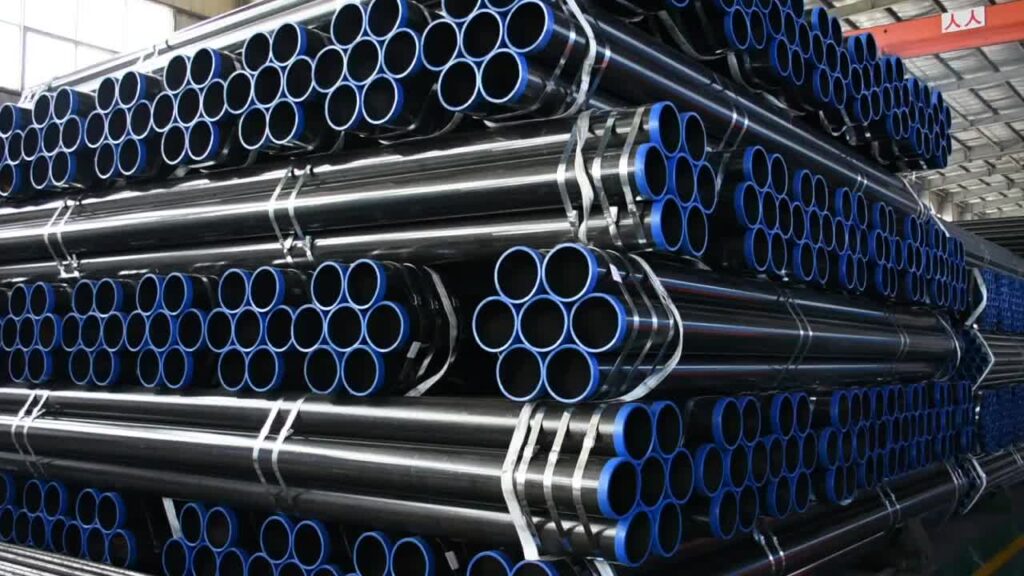General specifications of polyethylene pipe
Very good resistance to breakage and cracking.
Excellent chemical resistance.
Safe from corrosion.
Excellent resistance to cold up to -40 ° C.
Heat resistance up to 80 ° C.
High flexibility.
Excellent hydraulic properties over time.
Can be used on uneven ground.
The roughness is very low.
Ability to supply in loops.
Excellent abrasion resistance.
Sabki Verne.
Long life.
Convenient and reliable connection.
Quick and simple installation and execution.
High resistance to pressure and impact.
Safe from rust.
Plastic welding capability.
Excellent resistance to vibrations from earthquakes.
Advantages of using single-walled polyethylene pipes
Light weight, impact resistance, the possibility of circling up to 125 mm to 600 meters has made it easy to transport.
Resistance to destructive solar UV rays
The ability to weld pipes to pipes and other types of fittings (flange fittings, threaded fittings) has reduced costs while speeding up the operation.
Elasticity during transfer to the trench (these pipes can be connected outside the trench and guided into the trench without breaking the pipe and welding points).
The flexibility of these pipes allows users to use on uneven ground and create allowable bends in it.
Excellent resistance to corrosion, abrasion, decay, chemical fluids, and lack of water absorption is another advantage of these pipes.
Unlike other fluid transfer pipes, in which the material transfer capacity decreases over time due to corrosion, sediment, leakage and other causes, polyethylene pipes with an extremely polished surface show the least resistance to the passage of liquids. They cause the flow of fluid to be uniform and constant throughout the life of the pipe.
Excellent resistance to seismic and landslide pressures, especially at submarine levels, where the earth layers can move more, is another advantage of these pipes.


